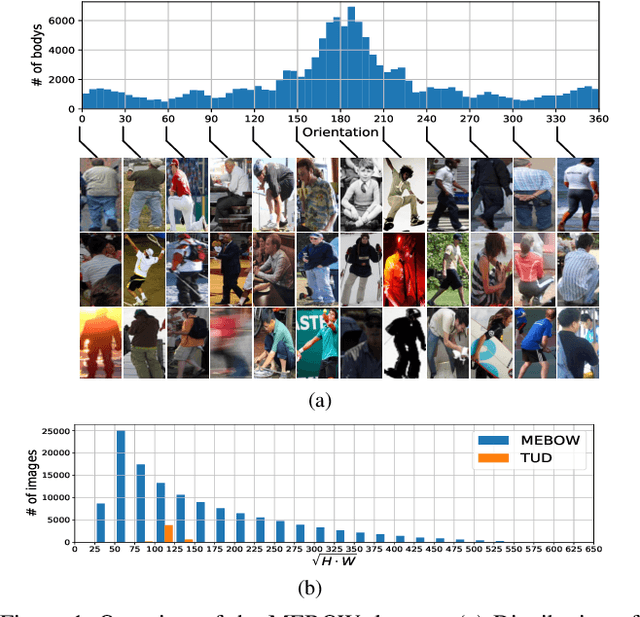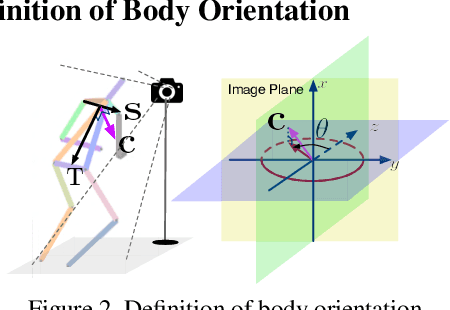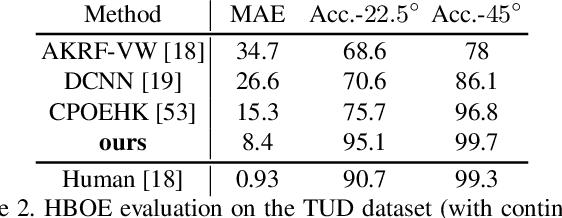Che-Chun Su
GDA: Generalized Diffusion for Robust Test-time Adaptation
Apr 02, 2024



Abstract:Machine learning models struggle with generalization when encountering out-of-distribution (OOD) samples with unexpected distribution shifts. For vision tasks, recent studies have shown that test-time adaptation employing diffusion models can achieve state-of-the-art accuracy improvements on OOD samples by generating new samples that align with the model's domain without the need to modify the model's weights. Unfortunately, those studies have primarily focused on pixel-level corruptions, thereby lacking the generalization to adapt to a broader range of OOD types. We introduce Generalized Diffusion Adaptation (GDA), a novel diffusion-based test-time adaptation method robust against diverse OOD types. Specifically, GDA iteratively guides the diffusion by applying a marginal entropy loss derived from the model, in conjunction with style and content preservation losses during the reverse sampling process. In other words, GDA considers the model's output behavior with the semantic information of the samples as a whole, which can reduce ambiguity in downstream tasks during the generation process. Evaluation across various popular model architectures and OOD benchmarks shows that GDA consistently outperforms prior work on diffusion-driven adaptation. Notably, it achieves the highest classification accuracy improvements, ranging from 4.4\% to 5.02\% on ImageNet-C and 2.5\% to 7.4\% on Rendition, Sketch, and Stylized benchmarks. This performance highlights GDA's generalization to a broader range of OOD benchmarks.
MEBOW: Monocular Estimation of Body Orientation In the Wild
Nov 27, 2020



Abstract:Body orientation estimation provides crucial visual cues in many applications, including robotics and autonomous driving. It is particularly desirable when 3-D pose estimation is difficult to infer due to poor image resolution, occlusion or indistinguishable body parts. We present COCO-MEBOW (Monocular Estimation of Body Orientation in the Wild), a new large-scale dataset for orientation estimation from a single in-the-wild image. The body-orientation labels for around 130K human bodies within 55K images from the COCO dataset have been collected using an efficient and high-precision annotation pipeline. We also validated the benefits of the dataset. First, we show that our dataset can substantially improve the performance and the robustness of a human body orientation estimation model, the development of which was previously limited by the scale and diversity of the available training data. Additionally, we present a novel triple-source solution for 3-D human pose estimation, where 3-D pose labels, 2-D pose labels, and our body-orientation labels are all used in joint training. Our model significantly outperforms state-of-the-art dual-source solutions for monocular 3-D human pose estimation, where training only uses 3-D pose labels and 2-D pose labels. This substantiates an important advantage of MEBOW for 3-D human pose estimation, which is particularly appealing because the per-instance labeling cost for body orientations is far less than that for 3-D poses. The work demonstrates high potential of MEBOW in addressing real-world challenges involving understanding human behaviors. Further information of this work is available at https://chenyanwu.github.io/MEBOW/.
 Add to Chrome
Add to Chrome Add to Firefox
Add to Firefox Add to Edge
Add to Edge